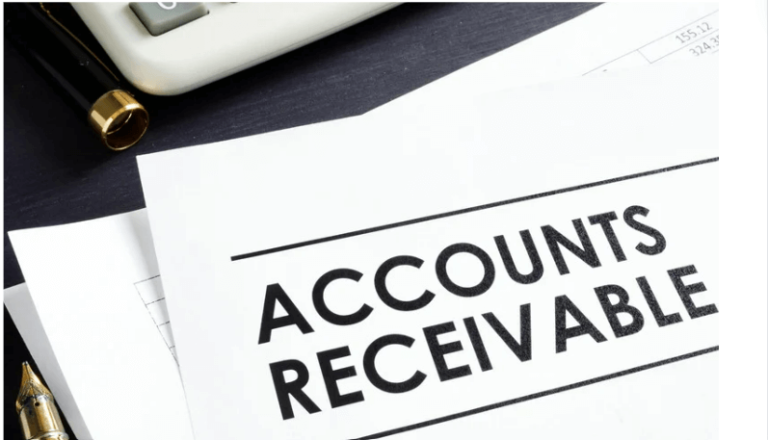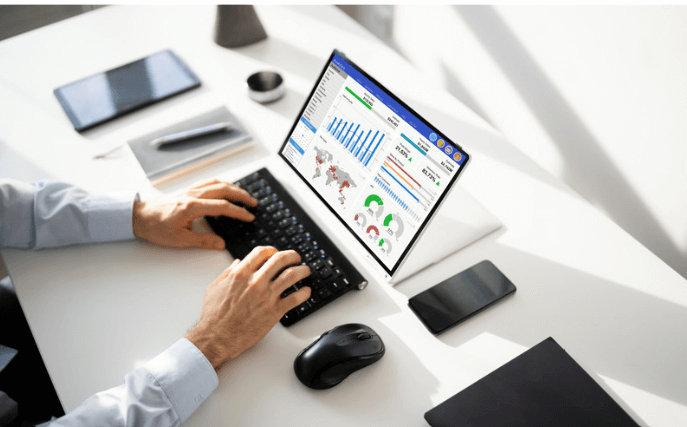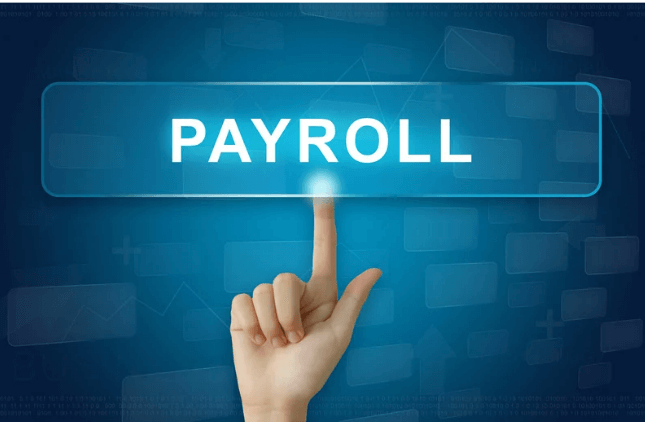Key Points: Best Security protocols for CPAs
1. CPAs must prioritize gathering complete financial documents upfront to avoid delays and ensure accurate work, especially during tax filings.
2. Maintaining confidentiality of sensitive client data is essential, requiring strict adherence to privacy protocols, secure storage, and non-disclosure agreements.
3. Regular communication with clients about progress and deadlines helps build trust and ensures smooth workflow, while invoicing and collection practices are crucial for managing cash flow.
4. Device security, data encryption, and continuous learning on emerging threats and compliance updates are key security protocols that protect sensitive financial information from cyber threats and errors.
Certified Public Accountants, or CPAs, play a vital role in maintaining proper financial records and providing expert advice to businesses and individuals. CPAs must follow certain CPA protocols and best practices to perform their duties efficiently and effectively. This article discusses the Best Security protocols for CPAs that all CPAs must incorporate in their day-to-day work.
Best Security protocols for CPAs To follow
Here Are the Best Security protocols for CPAs to follow:
Gather all relevant documents
One of the most essential CPA protocols is gathering all relevant financial documents before beginning any work. This includes income statements, balance sheets, tax records, bank statements, etc. CPAs should reach out to their clients well in advance and create a checklist of all documents required. Getting incomplete information can delay their work. For example, if a CPA is preparing tax returns but does not have all income documents, they will have to go back and forth with the client, wasting time.
Understand client needs
CPAs must take time to understand their client’s exact needs and requirements. They should clearly discuss the work expected and key deadlines with clients.
Not clarifying needs can result in mismatches. For example, if a client wants help with annual accounting but the CPA prepares monthly reports without confirming, it would not meet the client’s purpose. Having structured discussions upfront ensures the work done is as per client specifications.
Maintain confidentiality
One of the most important CPA protocols is maintaining the confidentiality of client financial information and discussions. As CPAs can access sensitive personal and business details, leaks can seriously damage trust and compliance. CPAs must sign non-disclosure agreements with clients and follow all associated professional data privacy and security standards. For example, disposing of client documents and storing soft copies must follow compliance best practices.
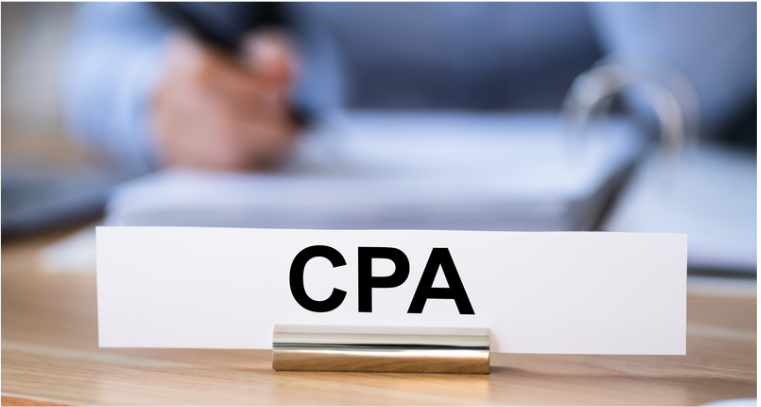
Detailed documentation
Maintaining detailed documentation of all work processes, analyses, and reports given to the client is another best practice for CPAs. This helps in tracking progress, facilitates reproducing work if required in the future, and also acts as proof of work done in case of any disputes. CPAs should have standardized templates for logging different tasks. For example, having separate files for each client with subfolders for tax filings, reports, meeting minutes, etc., ensures seamless retrievability of records whenever needed.
Analysis and advisory
Beyond compliance tasks, CPAs also play an important advisory role based on insights from client financial analysis. Key protocols include:
- Deeply analyzing numbers.
- Comparing with industry benchmarks.
- Identifying irregularities and flagging areas that need client attention.
The advisory should be based on data and context-specific to that client. For example, an analysis of working capital trends for a retail client cannot be similar to one in manufacturing. Customized research and advisory adds immense value.
Regular communication
Another important Best practice for CPAs is communicating regularly with clients regarding work progress and key findings and addressing any pending questions. While too frequent updates might disturb clients, proper communication keeps clients in the loop and builds trust. CPAs must decide the frequency of updates, the basis of client needs, and the nature of work. For example, weekly updates might suffice for a one-time project compared to monthly updates for recurring compliance tasks. Regular communication ensures clients remain well-informed.
Invoicing and collections
Following proper CPA protocols around invoicing clients for work done and collections remains a crucial business practice for any CPA practice to remain viable. This includes agreeing on billing cycles, generating standardized invoices, tracking payments, issuing reminders for outstanding invoices, and collecting long overdue invoices. For example, monthly invoices for recurring work and milestone-based billing works best. Timely payments are important for CPAs to manage cash flows well.
Quality control reviews
Carrying out quality checks on work done is extremely important for CPAs to ensure high standards of accuracy and compliance. This includes self-reviews and cross-reviews within teams.
CPAs should also get third-party reviews on high-risk areas for an independent perspective. For example, tax filings should go through compulsory pre-filing reviews. Developing quality control checklists as per task ensures consistency. Timely identification and correction of errors protects CPAs and gives clients confidence.
Continued learning
With the volume and complexity of compliance regulations constantly evolving, CPAS must engage in ongoing learning. This involves dedicating time to professional development, attending seminars and conferences to stay on top of regulatory changes, and obtaining the latest certifications.
CPAs should track new developments and learnings that can create value for clients and enhance their skills. For example, attending GST workshops helped many CPAs effectively provide clients with new compliance services. Continual learning widens service offerings.
Some Crucial Security Protocols to Follow
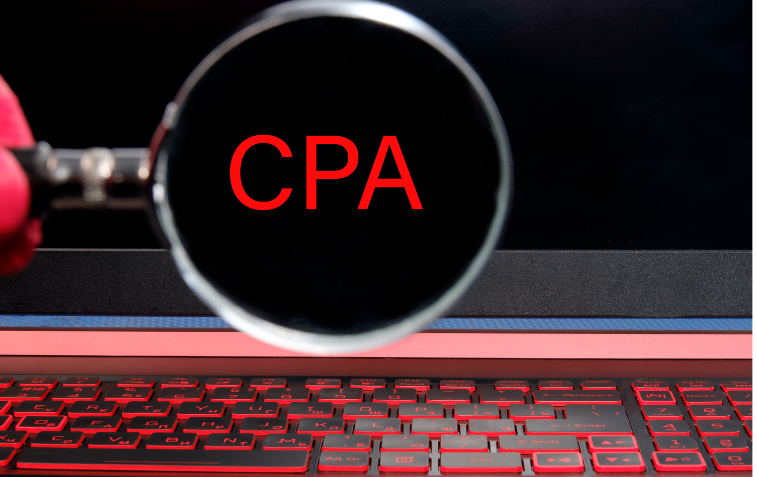
Here are some measures CPAs should take if they don’t want viruses or hackers to bother them:
Device and Network Security
Device and network security is one of the most crucial aspects of information security that every CPA firm needs to focus on. Strong password policies that mandate frequent changes of complex passwords are a must for all devices and applications.
Laptops and external storage devices that contain financial records should always be encrypted to prevent unauthorized access to sensitive data in case a device gets lost or stolen. Installation of a firewall and updated antivirus software helps shield the network and endpoints from cyber threats like malware and hacking attempts.
Data Privacy
As clients’ financial and personal information is susceptible, ensuring privacy and regulation compliance is critical. CPA firms should have client privacy policies that clearly specify the type of data being collected, how it is used to deliver services, circumstances under which such information might be shared with third parties and strong consent requirements.
Awareness and Training
While technology and processes are important, the human aspect cannot be overlooked. Regular security awareness programs that educate all employees about emerging threats and best practices are essential to drive appropriate behaviours.
Targeted training on specific controls and policies provides the know-how to implement and monitor them conscientiously. Conducting mock phishing exercises and security drills evaluates effectiveness and prepares for real scenarios.
Document Security
From a security standpoint, it is important to classify documents based on the sensitivity of the information they contain, like financial statements, tax filings, etc. Access controls through permissions and digital signatures help restrict viewing or modifying critical documents only to authorized users.
Data in transit and at rest also needs protection, which can be provided through encryption technologies. CPA firms must have clear retention periods for each document type and secure deletion or shredding once the retention period is over. This prevents confidential papers from falling into the wrong hands in an unauthorized manner.
Conclusion
Following the discussed Best Security protocols for CPAs helps CPAs provide high-quality services in a compliant, efficient, and effective manner. Strict adherence to guidelines and customized advisory services based on deep client insights strengthen CPA relationships. It brings more value over time. CPAs who blend compliance tasks with analytical mindsets and new technology capabilities are best equipped to navigate complex business environments successfully.
Frequently Asked Questions (FAQs)
Q.1: What is the main role of a CPA?
Ans 1: A Certified Public Accountant (CPA) is responsible for managing ledger reconciliation, estimating revenue, organizing financial data, evaluating transactions, auditing financial documentation, and participating in budgetary procedures.
Q.2: What is CPA certification?
Ans 2: A legitimate accounting specialist who has passed a demanding certification exam is a Certified Public Accountant (CPA). They have finished and mastered the education, experience, and exam requirements for this accounting license.
Q.3: What is eligibility for CPA?
Ans 3: Candidates seeking to enroll in the CPA certification program require a graduation degree or equivalent. The candidate must finish 150 hours of the CPA course semester to obtain their CPA license. Candidates must have one to two years of experience working under a CPA in many states.
Also read:


